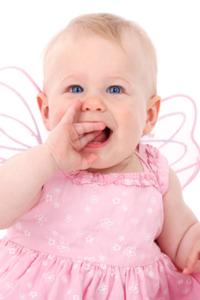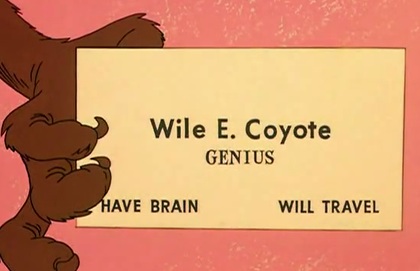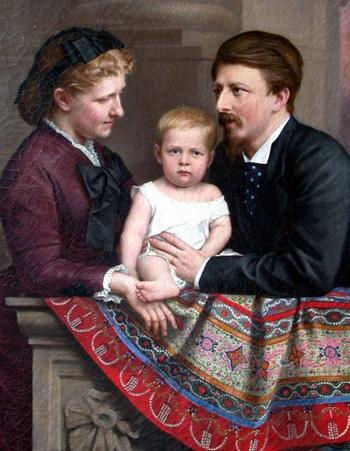Attention Deficit Hyperactivity Disorder (ADHD)
What is Attention Deficit Hyperactivity Disorder?
Attention Deficit Hyperactivity Disorder, ADHD, is one of the most common mental disorders that develop in children. Children with ADHD have impaired functioning in multiple settings, including home, school, and in relationships with peers. If untreated, the disorder can have long-term adverse effects into adolescence and adulthood.

Attention Deficit Hyperactivity Disorder (ADHD) is a condition that becomes apparent in some children in the preschool and early school years. It is hard for these children to control their behavior and/or pay attention. It is estimated that between 3 and 5 percent of children have ADHD, or approximately 2 million children in the United States. This means that in a classroom of 25 to 30 children, it is likely that at least one will have ADHD.
ADHD was first described by Dr. Heinrich Hoffman in 1845. A physician who wrote books on medicine and psychiatry, Dr. Hoffman was also a poet who became interested in writing for children when he couldn’t find suitable materials to read to his 3-year-old son. The result was a book of poems, complete with illustrations, about children and their characteristics. “The Story of Fidgety Philip” was an accurate description of a little boy who had attention deficit hyperactivity disorder. Yet it was not until 1902 that Sir George F. Still published a series of lectures to the Royal College of Physicians in England in which he described a group of impulsive children with significant behavioral problems, caused by a genetic dysfunction and not by poor child rearing?children who today would be easily recognized as having ADHD.1 Since then, several thousand scientific papers on the disorder have been published, providing information on its nature, course, causes, impairments, and treatments.
A child with ADHD faces
Attention Deficit Hyperactivity Disorder (ADHD) Read More »









